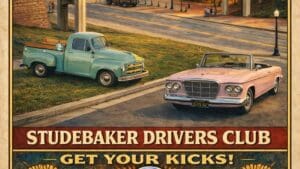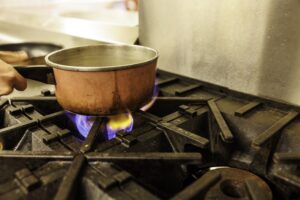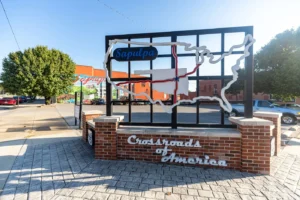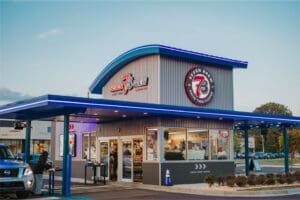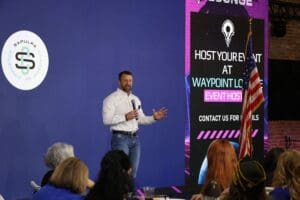Oklahoma has certainly had its fair share of natural disasters lately between earthquakes, flooding and tornadoes. However, it’s always the people that get my attention after the danger has passed.
I was recently visiting with Mr. and Mrs. Eddie Reese. He is the director of Oxley Nature Center and Red Bud Valley in Tulsa. During all the rain Oklahoma recently received, Bird Creek rapidly rose which resulted in Oxley’s parking lot becoming flooded and more.
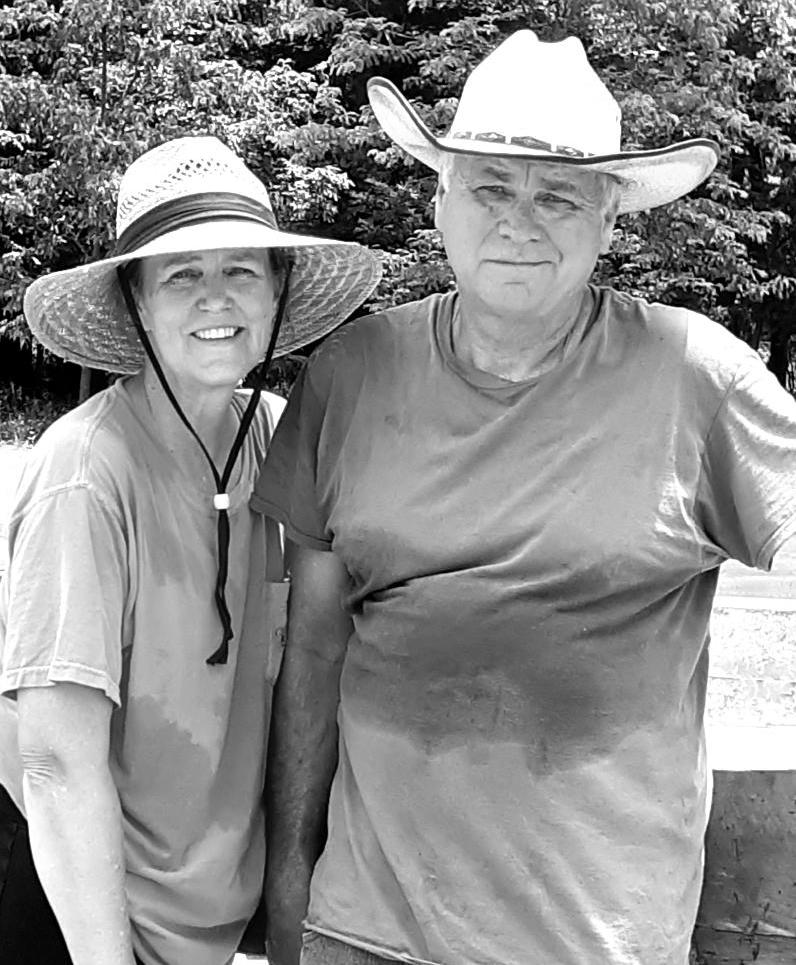
Mr. Reese has cleaned up after several floods, the previous major one in 1993. However, during the current clean-up process, he noticed more litter than ever, especially plastic and Styrofoam. It was obvious he was not happy about all the trash that washed up and he has concerns for the future. “A good planet is hard to find. We need to take care of the one we have because we only have one. We need to leave resources for our future generations,” he said. His wife commented that it is a matter of being a good steward. I have to agree.
We discussed possible solutions to our current waste situation. Recycling is a top choice. In the beginning it can seem like a hassle to sort recyclables but after a while it becomes second nature. Our family has a certain area designated for our recyclables and we take them to the recycling center about every other week. The kids are in charge of organizing them. Show, Inc. in Sapulpa collects recyclables from the curb twice a month for a small fee or you can drop them off at 425 W. Wells Blvd. Visit showinc.org to find out more.
Another way to reduce waste is to watch what you purchase. Every purchase we make is similar to casting a vote, so as consumers we are telling the producers what we want. A good place to start might be to stop purchasing bottled water and purchase a Hydro Flask or other insulated, stainless steel container to carry filtered water in.
Taking your own reusable shopping bags to the store limits plastic bags in the landfill. And if you do end up with some plastic bags (it’s almost inevitable) remember they can be recycled. Glass, plastic, steel cans, some kinds of paper, aluminum, boxes and more can all be reprocessed.
The Reese family sets a good example of reducing, reusing and recycling. They raised their two children to respect the land and the same way of living is being passed on to their grandchildren.
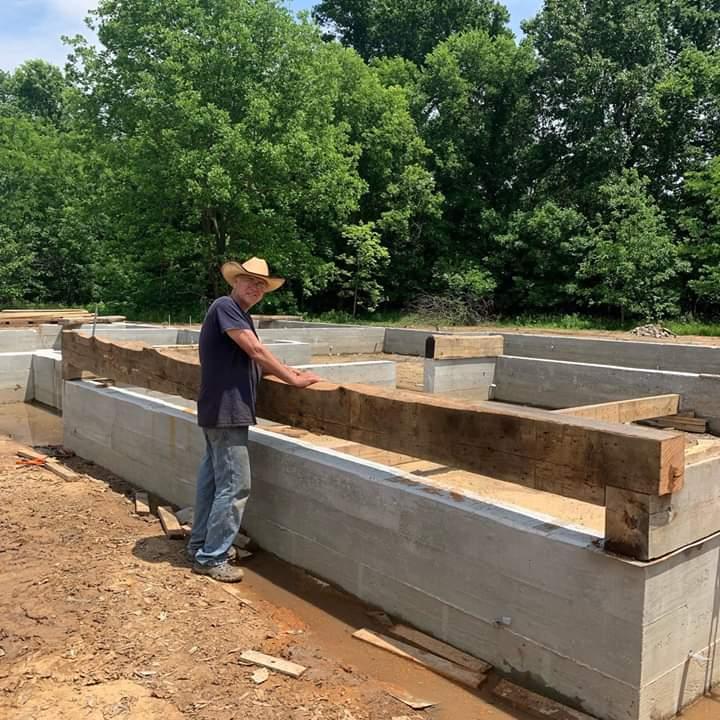
Their current home is constructed of recycled steel car frames but you would never know it from looking. They recently purchased property in Creek County which they named Double Creek Nature Preserve and are in the process of building an antique cabin from reclaimed logs. The family located the logs in Osage County, Missouri which were previously an old cabin and school house built by German immigrants.
The old Brumley family cabin is dated between 1830-1870 and the Verhoff School consists of square cut nails so it dates between 1850-1890. The logs were processed by hand using a broad axe, the original notches still evident. They were delivered a few months ago and are being put back together like a puzzle by Mr. and Mrs. Reese to create their future home.
One day, the Reese’s would love to offer classes in natural and primitive skills at Double Creek Nature Preserve. To follow along the building process you may find their facebook page at: facebook.com/Double-Creek-Nature-Preserve
Recycling Facts:
- Each of us generates on average 4.4 pounds of waste per day per person.
- Recycling all of your home’s waste newsprint, cardboard, glass, and metal can reduce carbon dioxide emissions by 850 pounds a year.
- Recycling an aluminum can saves enough energy to run a television set for three hours.
- It is estimated that 150 million computers will be discarded in the United States alone, enough to fill a hole one acre in area and 3.5 miles deep.
- One tree can filter up to 60 pounds of pollutants from the air each year.
- 40% of our municipal garbage is made up of kitchen and garden waste.
Brooke DeLong, N.D.
“We do not inherit the earth from our ancestors; we borrow it from our children.” Native American Proverb


